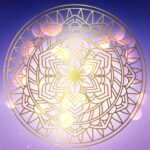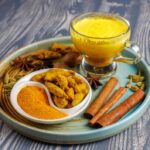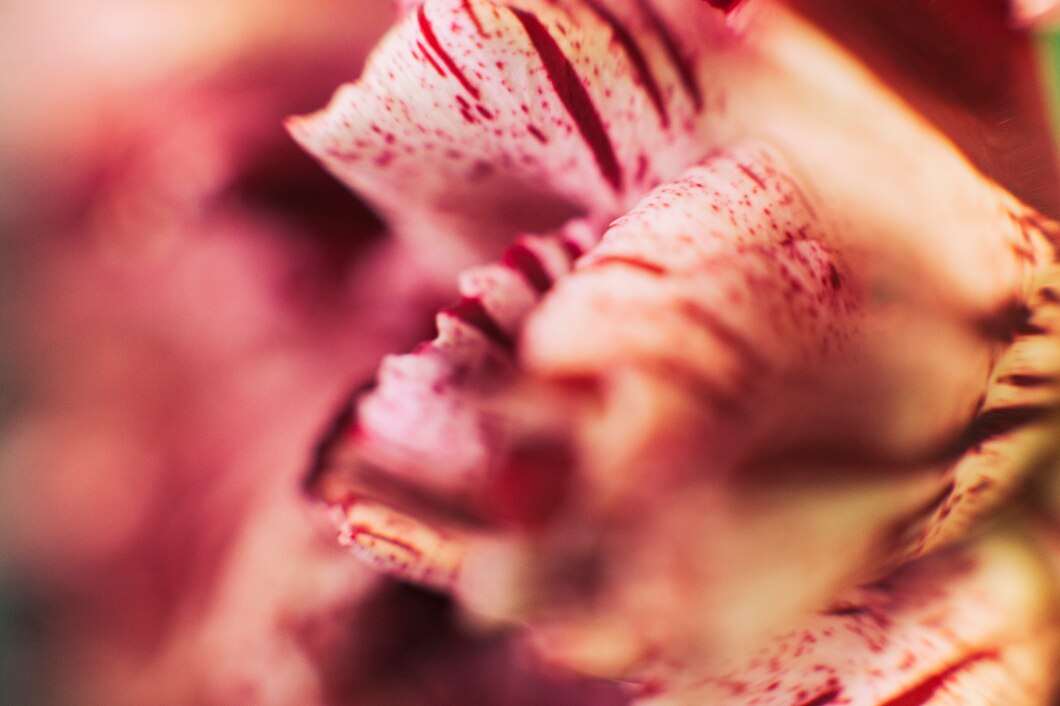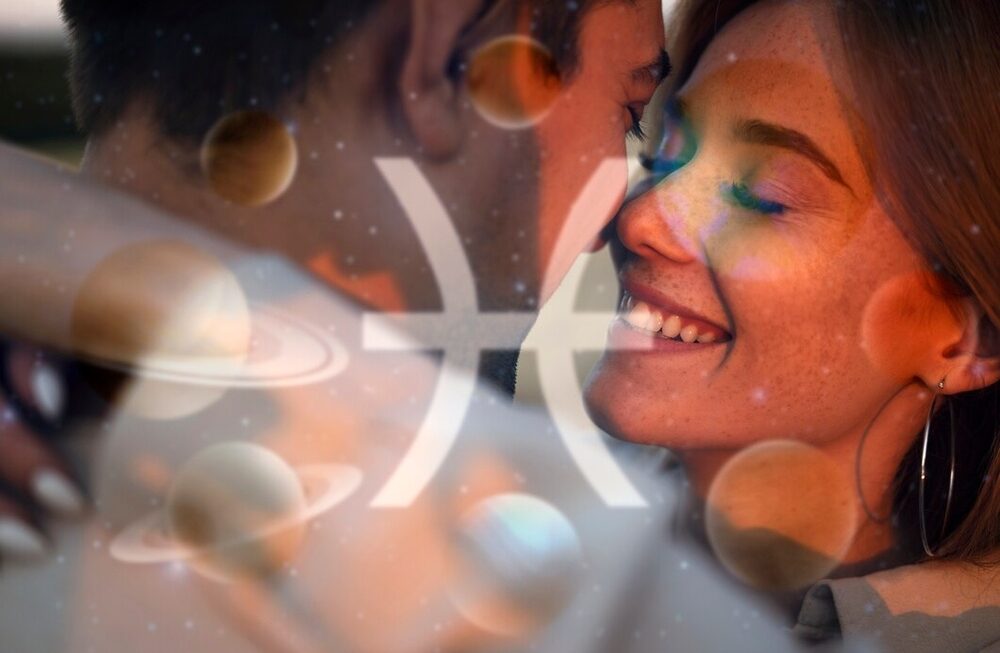This is the next logical step in the Gun Milan analysis. We now address Yoni Kuta, the 4-point factor that introduces the crucial elements of physical compatibility, intimacy, and the primal nature of attraction into the 36-point matching system.
I will write a comprehensive, 1500+ word article explaining the deep significance of the Yoni classifications, clarifying that it is far more than just “sexual compatibility,” and applying the ethical and balanced OREO framework to its often sensitive interpretations.
The Primal Knot: Yoni Koota and Intimate Harmony in Vedic Matching
In the sophisticated calculus of the Ashtakoot Milan, each progressive factor increases in emotional and physical weight. Having examined the foundational spiritual (Varna, 1 point), psychological (Vashya, 2 points), and destined (Tara, 3 points) layers, we now arrive at Yoni Koota.
Carrying a significant 4 points (Gunas), Yoni Koota is the Vedic measure of primal nature, physical chemistry, and intimate harmony. The term Yoni in Sanskrit means ‘source,’ ‘origin,’ ‘form,’ or ‘birthplace.’ In Jyotish, this factor determines the inherent physical compatibility and the magnetic quality of the relationship, assessing whether the two individuals will nurture or repel each other on a fundamental, energetic level.
The analysis of Yoni matching goes far beyond surface-level attraction; it delves into the deep-seated biological and energetic makeup of the partners. A high score in Yoni Kuta suggests an easy, natural flow in the intimate life, ensuring the foundational physical connection of the marriage is strong.
As a senior content writer specializing in esoteric and spiritual topics, I will offer a detailed, sensitive, and mature exploration of Yoni Koota, clarifying why this 4-point factor is indispensable to holistic Vedic compatibility.
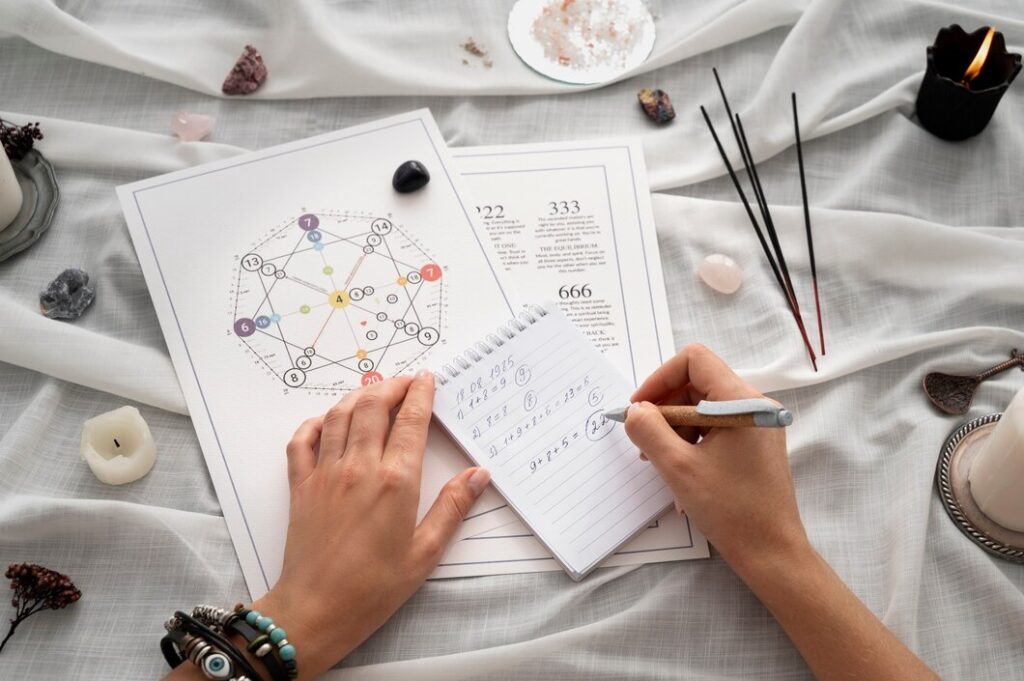
Decoding Yoni: The Fourteen Primal Natures
The Yoni Koota classification divides the 27 Nakshatras into 14 animal archetypes. These archetypes are not literal; they are symbolic representations of the individual’s primal instincts, behavior in intimacy, and core nature regarding physical needs. This is the essence of sexual compatibility astrology.
The 14 Yoni Archetypes
The 14 Yonis and their respective characteristics are:
| Yoni Name | Associated Animal | Primal Quality Represented | Nakshatras |
| Ashwa | Horse | Freedom, energy, vitality, quick passion. | Ashwini, Shatabhisha |
| Gaja | Elephant | Strength, endurance, slow, deep devotion. | Bharani, Revati |
| Aja | Sheep | Docile, submissive, easily led, emotional. | Krittika, Pushya |
| Sarpa | Serpent | Mysterious, intense, penetrating, selective. | Rohini, Mrigashirsha |
| Shwana | Dog | Loyalty, protective, sometimes needy, simple. | Ardra, Moola |
| Marjara | Cat | Independent, seductive, subtle, temperamental. | Punarvasu, Ashlesha |
| Mushaka | Rat | Resourceful, quick, secretive, often timid. | Magha, Poorva Phalguni |
| Gau | Cow | Gentle, nurturing, fertile, highly affectionate. | Uttara Phalguni, Uttara Bhadrapada |
| Mahisha | Buffalo | Powerful, robust, slow to rouse, relentless. | Hasta, Swati |
| Vyaghra | Tiger | Fierce, dominant, passionate, commanding. | Chitra, Vishakha |
| Mriga | Deer | Tender, sensitive, quick to flee, delicate. | Anuradha, Jyestha |
| Vanara | Monkey | Playful, active, inconsistent, adaptable. | Poorvashadha, Shravana |
| Nara | Man/Lion | Noble, highly social, demanding of respect. | Dhanistha, Poorva Bhadrapada |
| Nakula | Mongoose | Swift, clever, anti-venomous, fierce rivalry. | Uttara Phalguni, Chitra, etc. (often used to cancel certain doshas) |
Note: The last two categories (Man/Lion and Mongoose) often combine Nakshatras differently or are used in supplementary matching.
Scoring Yoni Matching (4 Points)
The score of 4 points in Yoni matching is determined by the natural relationship—friendship, neutrality, or enmity—between the animal types:
- 4 Points (Full Match): The two Yonis belong to the same category (e.g., Tiger/Tiger), or they belong to a compatible, friendly class (e.g., Horse/Buffalo – Ashwa and Mahisha are considered friendly). This indicates high sexual compatibility astrology.
- 2 Points (Half Match): The Yonis are neutral, where effort is required for harmony, but no active conflict exists.
- 0 Points (No Match): The two Yonis belong to naturally hostile, or inimical, classes (e.g., Cat/Rat – Marjara and Mushaka are eternal enemies). This signifies deep-seated physical compatibility and intimate friction.
The 0-point match, known as Yoni Dosha, is one of the most critical to address, as the failure of the intimate life can poison the entire relationship.
The OREO Analysis: Intimacy and the Primal Spark
Why does Yoni Koota carry 4 points, a higher score than the previous three factors? Because a functional, harmonious intimate life is recognized as essential psychological and physical ‘glue’ that enables a couple to weather the storms predicted by the 0- or 1-point factors.
Opinion: Yoni Koota Measures the Harmony of Physical Instincts and Mutual Nurturing
Opinion: The Yoni Koota is a fundamental measure of the couple’s primal, intuitive connection and their ability to physically and emotionally nurture each other. It reveals whether their natural instincts are complementary or adversarial.
Reason: Instinctual Discomfort Erodes the Bond
Reason: Unlike the intellect or the ego (Varna/Vashya), the Yoni matching deals with instinctual behavior, which is difficult to suppress or change. If a couple has a hostile Yoni match (e.g., Deer/Dog – Mriga/Shwana), the issue is not a matter of trying harder; it is that the primal nature of one partner instinctively makes the other feel threatened, stifled, or deeply uncomfortable. This pervasive, low-level conflict in the physical and intimate domain will inevitably lead to emotional withdrawal and the erosion of the bond. The 4 points reflect the non-negotiable importance of the intimate space as the sanctuary of marriage.
Example: The Conflict of Primal Needs
Consider a couple with a 0-point Yoni Dosha: the woman is Sarpa (Serpent) and the man is Nakula (Mongoose). In the natural world, the mongoose is the deadly enemy of the snake. This astrological classification translates to a relationship where, despite intellectual love, the primal instincts are always on edge. The Serpent seeks intense, secretive, and penetrating intimacy; the Mongoose, characterized by swift and anti-venomous energy, instinctively undermines the Serpent’s deep-seated emotional security and power. The result is a persistent feeling of vulnerability, distrust, and a failure to merge completely in the intimate sphere, making true sexual compatibility astrology essential. The 0 points serve as a warning that the two primal energies are constantly, subconsciously, trying to neutralize each other.
Restatement: Chemistry is a Foundation, Not a Luxury
Therefore, a high Yoni Kuta score indicates an effortless and mutually satisfying expression of physical love. A low score requires conscious, respectful negotiation of intimate space and primal needs, proving that physical and sexual compatibility is a necessary foundation for a spiritually and materially successful marriage.
The Probing Depth of the 4 Points
The 4 points of Yoni Koota confirm the ancient Vedic recognition that physical harmony is not a frivolous pursuit but a profound aspect of marital Dharma.
Yoni and the Nurturing Principle
The Yoni classification is about more than just attraction; it is about nurturing. When two Yonis are friendly (e.g., Horse and Buffalo), their combined energies create a supportive loop. The Horse’s vitality benefits from the Buffalo’s grounded strength, and the Buffalo is roused by the Horse’s energy.
Conversely, a hostile Yoni match prevents the couple from being able to nourish one another physically or emotionally. Their forms are simply incapable of finding lasting rest or safety in the other’s presence.
The Relevance of Yoni Matching in the Modern Age
In contemporary relationships, physical compatibility is often assumed to be settled by initial attraction. However, the Yoni matching process reveals the compatibility of the deep, long-term physical needs and intimate styles that surface after the initial “honeymoon” period:
- Energy Levels: Do both partners need constant activity (Horse/Monkey) or long periods of rest and solitude (Elephant/Serpent)?
- Intimate Styles: Does one partner require constant demonstration of affection (Dog) while the other requires deep, mysterious connection (Cat/Serpent)?
The Yoni Kuta gives language to these instinctual differences, allowing couples to respect their partner’s primal archetype instead of pathologizing it. The goal is to transform potential animalistic conflict into sophisticated, conscious, and mutually satisfying human intimacy.
Conclusion: Honoring the Primal Bond
The Yoni Koota is a crucial 4-point factor in the kundli matching system, offering invaluable insight into the sexual and biological compatibility of a union. It provides a unique lens through which to view the deepest, most instinctual connection between two people.
The wisdom of Yoni matching is a directive to honor the primal energies you and your partner bring to the relationship. A high score suggests a natural, easy flow in the intimate life. A low score, particularly a Yoni Dosha, is a strong message that deep, conscious work is required to overcome fundamental biological friction. By understanding the primal archetypes at play, a couple can move beyond mere physical attraction to build a bond of deep, respectful, and nurturing intimacy, turning the Yoni into a true source of mutual life and joy.
